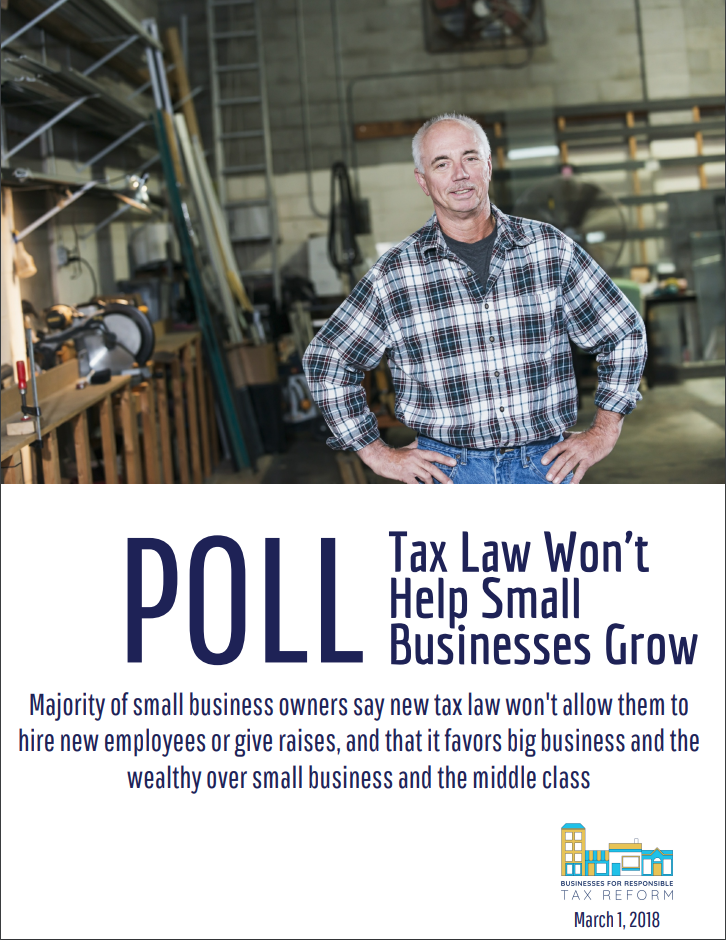- February 1, 2018The SBA issued “Financing Patterns and Credit Market Experiences: A Comparison by Race and Ethnicity for U.S. Employer Firms“. Hispanic…
- January 26, 2018An important contributor to economic inequality in the United States is the large and persistent racial and ethnic disparity found…








